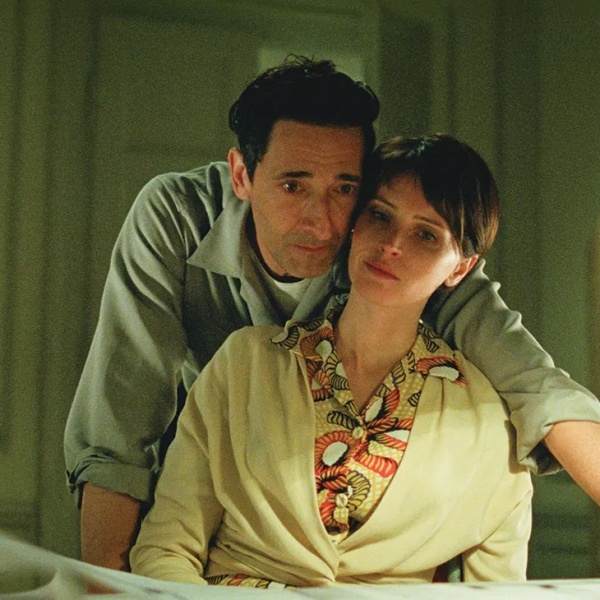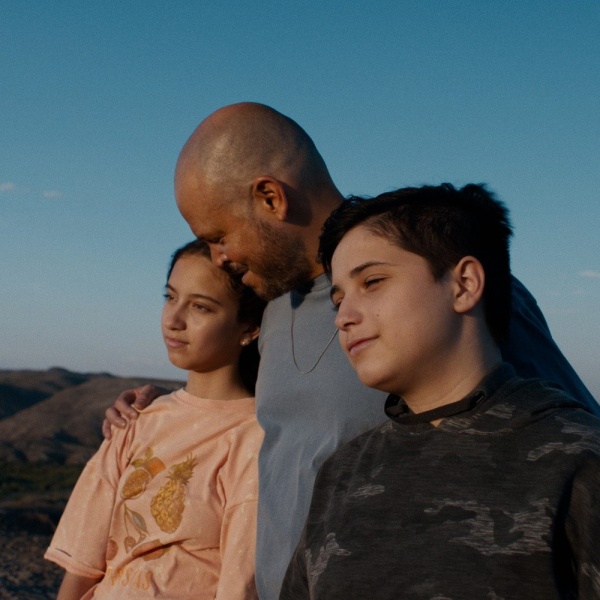“In the Heights” left Melissa Barrera heartbroken — but probably not for the reasons you’d assume.
Barrera starred in the 2021 musical adaptation opposite Anthony Ramos. In a new interview with The Hollywood Reporter, the “Scream” franchise alum said the press was “mean-spirited” to the ensemble film.
That’s not the only part of the “In the Heights” aftermath that bummed Barrera out. After being pumped-up so much about how her life was about “to change,” when it didn’t, it was “soul-crushing,” she said.
“My problem was with the press that came out that just felt mean-spirited toward the film,” Barrera said. “That was my first big studio movie, and everybody was telling us, ‘Your life is going to change.’ Then it doesn’t happen, so it was very heartbreaking and soul-crushing.”
The actress added, “But I’m grateful for how it happened. It taught me a lot about the industry, about myself, about expectations, about not letting the noise outside put a stain on my experience.”
Critics in the press were actually quite kind to “In the Heights.” A quick check of Rotten Tomatoes shows the movie is “Certified Fresh” at 94 percent. Box office coverage of “In the Heights” was not kind because the film was a flop.
It is likely Barrera is referring to the colorism casting issue that populated plenty of headlines. The backlash was so loud that even had “West Side Story” Oscar winner Rita Moreno coming to the defense of the Lin-Manuel Miranda musical film.
Miranda put out a statement on the racial representation in the adaptation of his Broadway epic, helmed by Jon M. Chu for the big screen.
“I started writing ‘In the Heights’ because I didn’t feel seen. And over the past 20 years all I wanted was for us — ALL of us — to feel seen,” Miranda wrote on social media. “I’m seeing the discussion around Afro-Latino representation in our film this weekend and it is clear that many in our dark-skinned Afro-Latino community don’t feel sufficiently represented within it, particularly among the leading roles.I can hear the hurt and frustration over colorism, of feeling still unseen in the feedback. I hear that without sufficient dark-skinned Afro-Latino representation, the work feels extractive of the community we wanted so much to represent with pride and joy.”
Miranda admitted that he felt the production “fell short” when “trying to paint a mosaic of this community” and apologized.
“I’m truly sorry. I’m learning from the feedback, I thank you for raising it, and I’m listening,” Miranda penned. “I’m trying to hold space for both the incredible pride in the movie we made and be accountable for our shortcomings. Thanks for your honest feedback. I promise to do better in my future projects, and I’m dedicated to the learning and evolving we all have to do to make sure we are honoring our diverse and vibrant community.”



